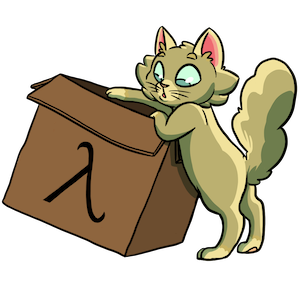MongoDB is an open-source database that uses a document-oriented data model and a non-structured query language. It is one of the most powerful NoSQL databases around today. In comparison to traditional SQL databases, MongoDB does not use the usual rows and columns to model its data; instead, it uses a BSON (Binary JSON) format to save the data (documents) in collections, where the basic unit of data consists of a set of key-value pairs.
For Scala, there are several MongoDB clients available, the most popular of which are the official MongoDB Scala Driver and ReactiveMongo.


